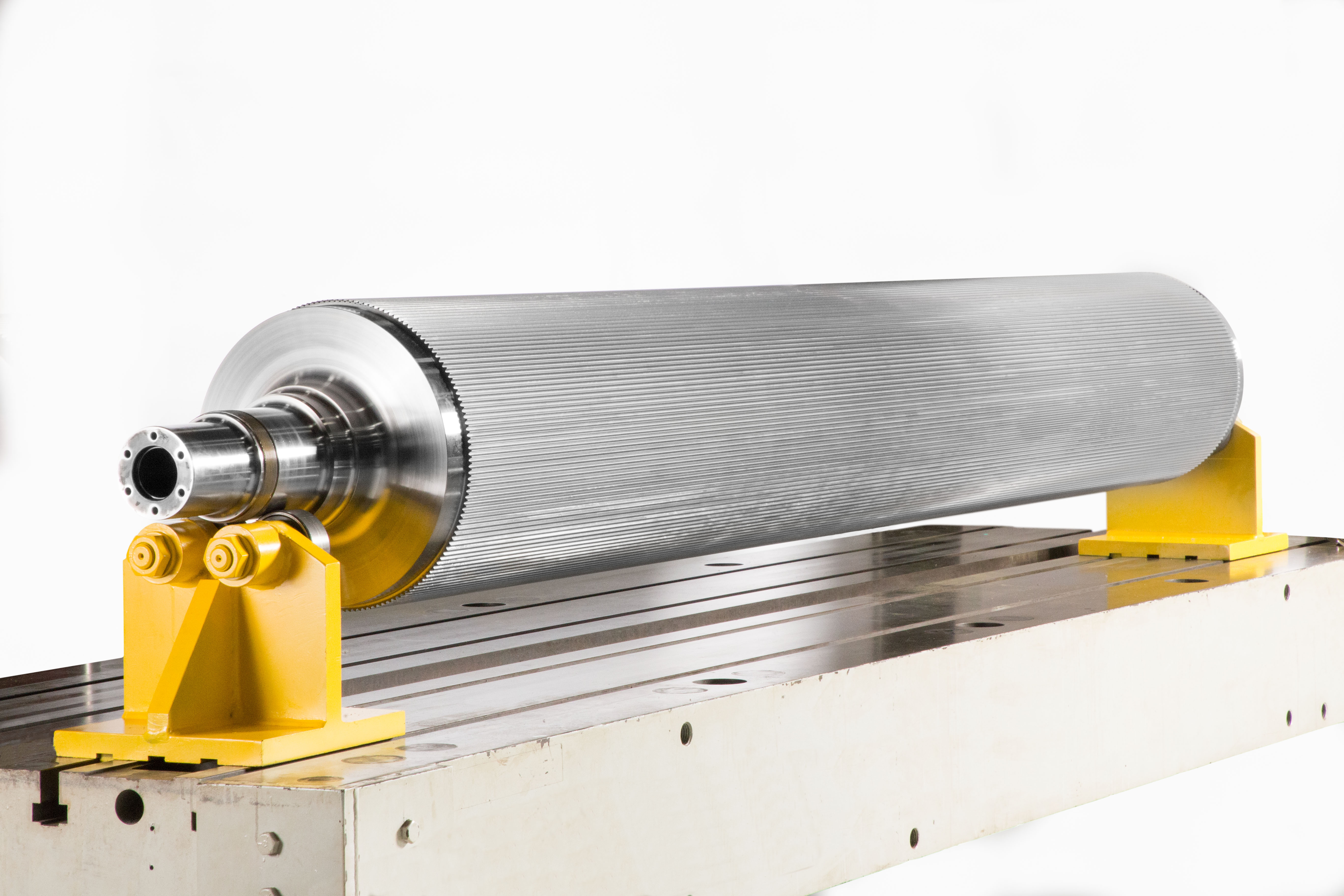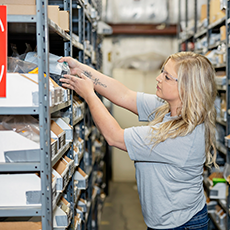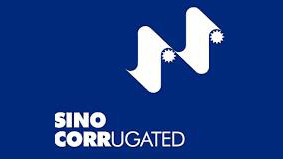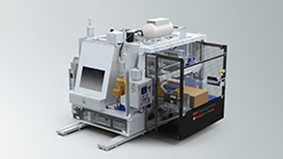Original Article was reprinted from the "Wochenblatt für Papierfabrikation" Magazine [available in German only!]
Go down the stairs. Change rolls at six to eight unwinds. Up the stairs again. Start up slowly. Discharge start-up waste. Check pile run-up. Carefully approach the possible speed. It can take up to 30 minutes until the first sellable pallet is ready. When everything is finally up and running, the sheeter should not have to stop, similar to a container ship going on a long voyage, and should run through the shift if possible.
However, as soon as the job sizes become smaller - only a few pallets per job - and the material is difficult to move, a smarter way of processing the paper is needed. This is where the high-speed boats come into play. Small, nimble and agile. Because
the waters have changed.
The container ships within paper converting, the large sheeters with multiple unwinds for mass production of a few formats, still have their place for large volumes and simple products.
However, the continuing trend towards small orders, combined with the need to diversify into specialty papers such as label paper, technical papers or gift wrap, is pushing paper converters or paper manufacturers with own sheeters to their limits. For
example, if companies were previously specialists in cut-size, then processing lightweight papers for package inserts as a new mainstay poses completely different challenges for equipment and processes. Added to this is the difficulty of finding and
retaining well-trained machine operators. The alternative of third-party converting is expensive, time-consuming and can involve quality risks.
Here, ideally, speedboats now supplement the shipping fleet, leaving the long voyages to the large container ships and bustling about near the coast, traveling at full speed from port to port.
The speedboat of paper converters is a compact, format-flexible and fast single-web sheeter for grammages from 40 to 300 gsm. Featuring such reliable paper throughput as was previously only found in printing presses. Easy to operate thanks to recipe memory
and also ergonomic because there is no platform to climb. The reel is changed quickly, format adjustment happens at the push of a button, and from reel to pile it's less than 10 meters of machine length.
And there is something else that makes this sheeter special and ideally suited for small jobs. Since only one reel is processed at a time, there is no need for a sheet diverter for start-up waste - the first precisely cut sheet lies neatly on the pallet
after a few cuts. The system then accelerates reliably to the maximum speed of 400 m/min. Optimization of the paper throughput is generally not necessary. And then the small batch sheeter runs. And runs. The operator's task is limited to preparing
the reel for the next job and searching for the appropriate format and product settings in the recipe memory. Or he takes care of another sheeter.
The speedboat is called Questec RQS-V from BW Papersystems. With working widths of 850, 1,450 or 1,650 mm and cut-off lengths between 280 and 1,800 mm, it covers a unique range of formats. The sheeter not only requires only one operator and a small footprint,
but also scores with outstanding cutting tolerances and quality. Its secret is revealed when you look or actually listen closely: the RQS-V has a unique sheet transport system using air. Each individual sheet is transported on an air cushion by means
of Airstream air strips. It is always pulled, never pushed. This ensures an unprecedented level of reliability. Conveyor belts and rollers at critical points are eliminated, and with them both wear-prone mechanical parts and potential causes of marking.
This also makes the RQS-V ideal for sensitive or printed special papers from 40 g/m2, also thanks to optional register cutting. New areas of business are opening up and, thanks to the right class of boat, these waters are now navigable.
The RQS-V operates with one web only - always producing perfect cut and pile quality, and almost always at 400 m/min. The speedboat is therefore already underway at top speed while the container ship is still being loaded. With a multi-web sheeter, four,
six or eight webs have to be exactly on top of each other and all splices have to be disposed off through the sheet reject gate before production can start at full speed. But both types of sheeters are needed - because each class of ship also has
its own task.
So the combination makes all the difference. Example: A sheeter with six unwinds has to cut a job that requires seven reels. For this, it needs two passes - one with three unwinds and one with four unwinds. Fewer webs often cause difficulties in the pass.
Two passes then take more than twice as long. This is anything but cost-effective.
The smarter solution: a small batch sheeter such as the Questec RQS-V from BW Papersystems processes the seventh roll in parallel, while the large sheeter is run with six unwinds - both at maximum speed and without additional personnel. By freeing the
large machine from inefficient jobs and utilizing the maximum reel capacity, a noticeable increase in productivity can be achieved.
Paper processing is diverse, so the waters are large enough for many ships. Every container ship should have a speedboat at its side. Thanks to the small amount of space required, such a speedboat can anchor alongside the container ship without any problems,
which is then only allowed to concentrate on large orders. Because the speedboats take care of the small, previously inefficient orders and the special papers. Cast off!
For more information on the new Questec RQS-V small batch sheeter, reference customers, and test opportunities, please contact us!







.tmb-small.webp?Culture=en&sfvrsn=d9e817f_2)







.tmb-webp.webp?Culture=en&sfvrsn=6cca827f_4)